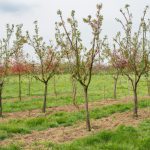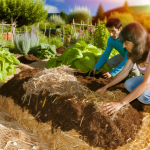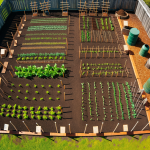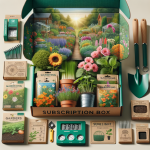In today’s rapidly changing world, many people are searching How Gardening Helps the Environment? One such approach that has garnered much attention is gardening. Not only does it provide therapeutic benefits to the gardener, but its environmental advantages are profound. “How gardening helps the environment” is a topic worth exploring for those seeking a greener lifestyle.

1. Reducing Carbon Footprint
Gardening, especially when done using organic methods, can substantially reduce our carbon footprint. Plants absorb carbon dioxide and release oxygen through photosynthesis, acting as natural air purifiers. When we cultivate our food locally in our gardens, we reduce the need for long-distance transportation. This diminishes the amount of fossil fuels burnt and the associated carbon emissions. Growing your tomatoes, lettuce, or strawberries at home means fewer truck miles, reduced cold storage, and lesser packaging.
2. Soil Health and Water Conservation
A well-maintained garden enhances soil health. Organic gardening practices such as composting and mulching not only nourish the soil but also prevent soil erosion. Healthy soils act as a sponge, absorbing rainwater and reducing the risk of floods. They also filter toxins and pollutants, ensuring cleaner groundwater.
Moreover, gardening can promote water conservation. By using techniques like rainwater harvesting, drip irrigation, and xeriscaping (using plants that need minimal water), gardeners can significantly reduce the amount of water consumed.
3. Biodiversity Boost
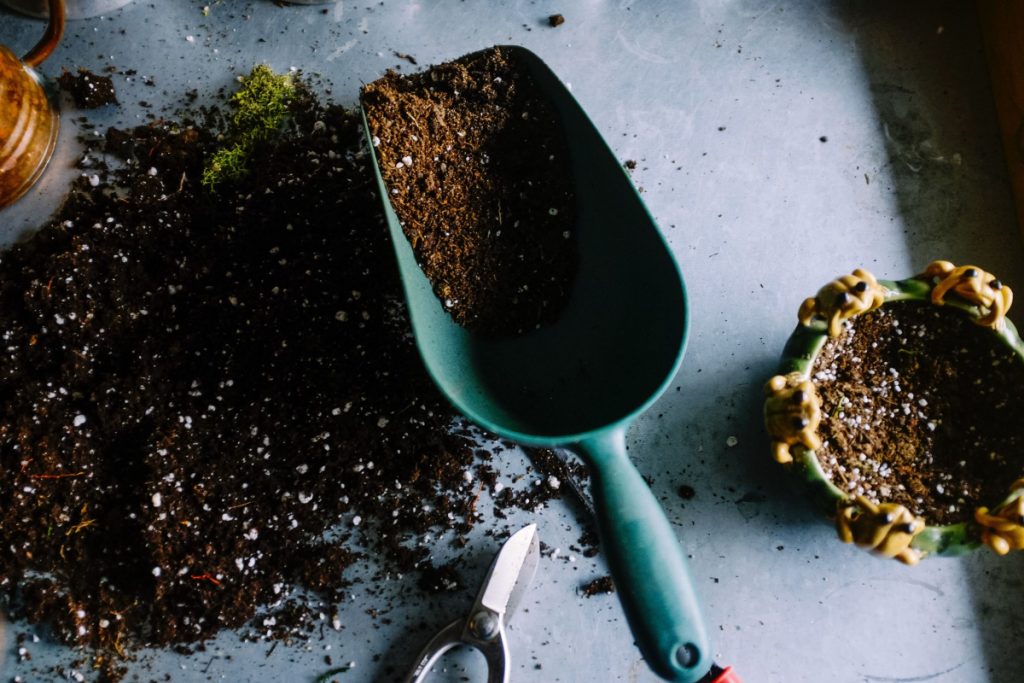
How gardening helps the environment is also evident in its contribution to biodiversity. Gardens, especially those with a variety of plants, flowers, and shrubs, attract diverse wildlife, from beneficial insects to birds and small mammals. By planting native species and avoiding harmful pesticides, gardeners can provide habitats and food sources for these creatures. A balanced ecosystem in the garden can naturally keep pests in check, reducing the need for chemical interventions.
4. Waste Reduction and Upcycling
Gardening can lead to a significant reduction in household waste. Composting kitchen scraps, like fruit peels and vegetable offcuts, can convert waste into rich soil enhancers. This cycle of using organic waste to nurture the garden encapsulates the principle of sustainability.
Additionally, many gardeners embrace upcycling. Old wooden pallets can transform into garden benches, discarded glass bottles might become decorative garden borders, and used tires can find a second life as plant containers. Such practices not only reduce landfill contributions but also foster creativity and sustainability.
Conclusion: How Gardening Helps The Environment
The wonders of gardening extend far beyond the visual beauty and personal satisfaction it brings. Its environmental benefits are tangible and multifaceted. Embracing “How gardening helps the environment” as a guiding principle can lead to a more sustainable and harmonious coexistence with nature. As the world grapples with climate change and environmental degradation, gardening shines as a beacon of hope, a simple yet effective way for individuals to make a positive difference. Don’t forget our other articles here.

